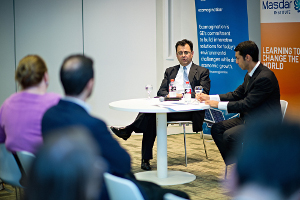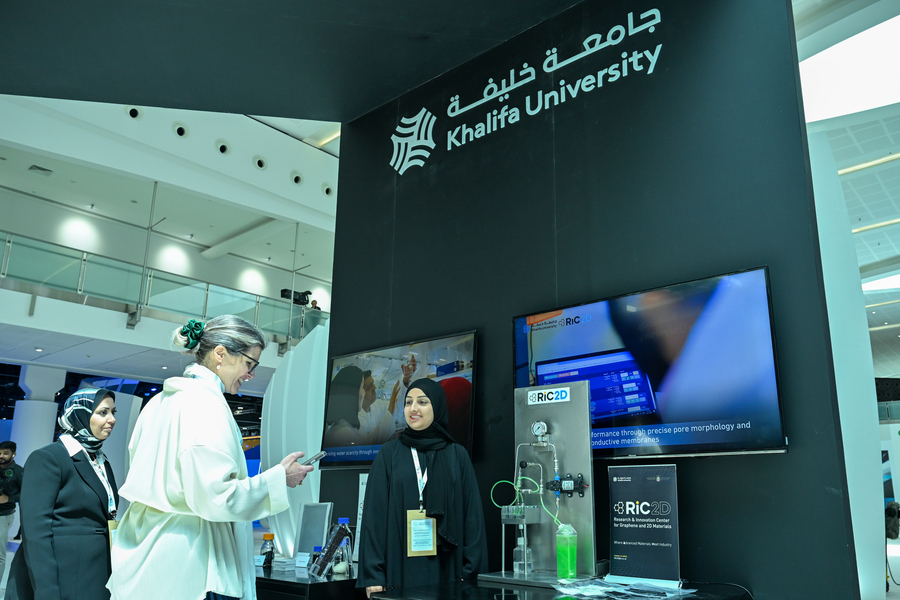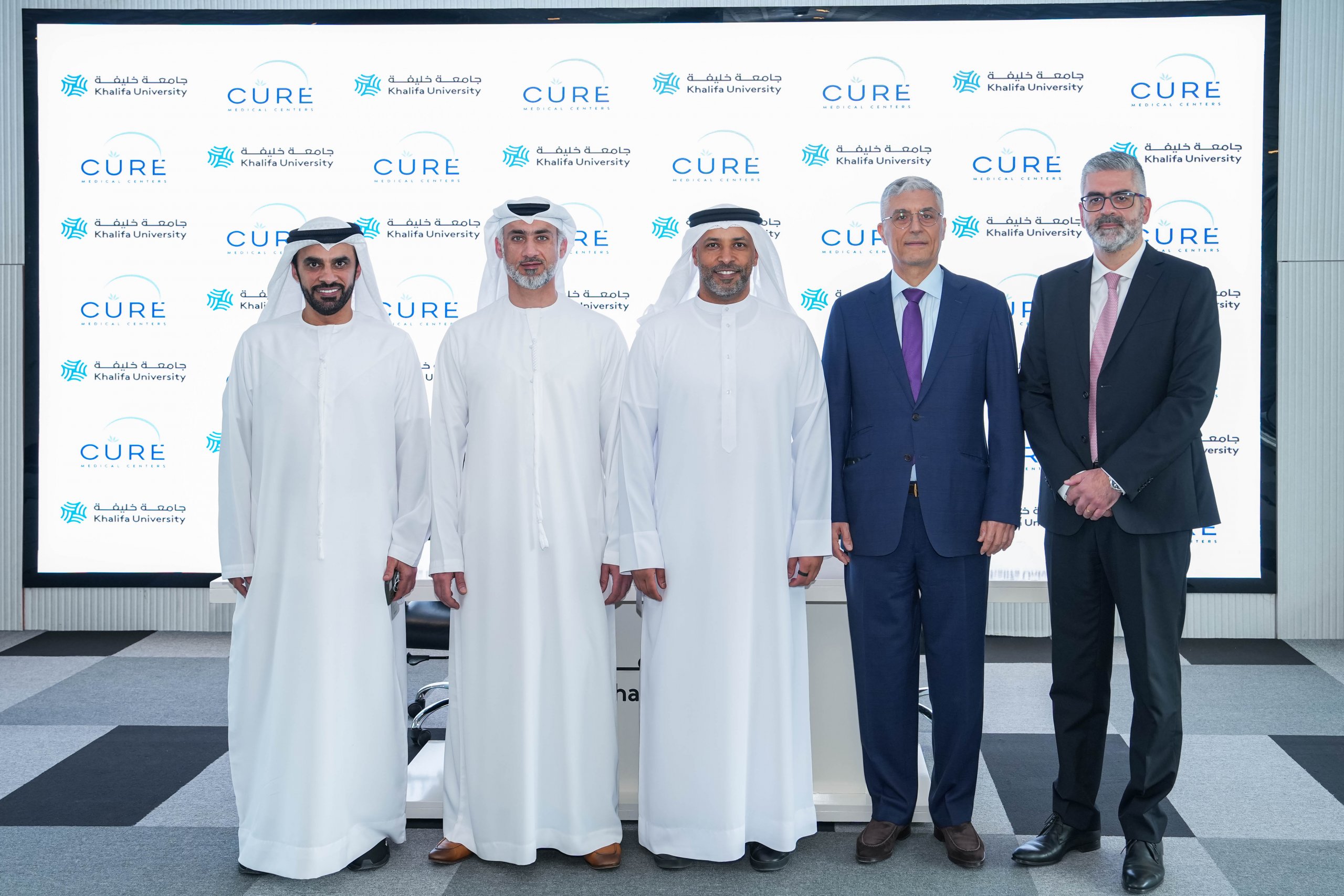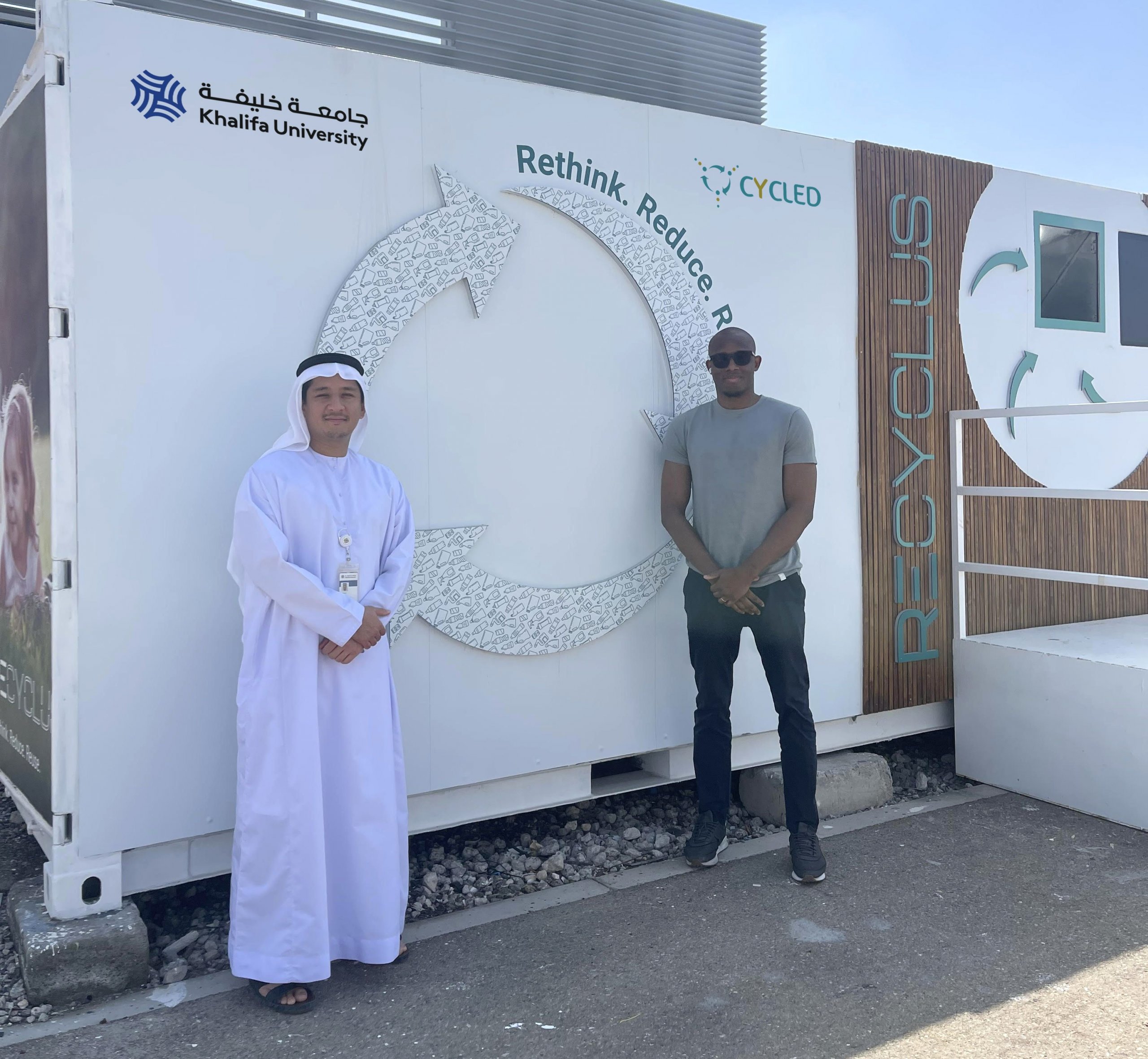
Ambassador Karan Bhatia Offers Perspectives on Sustainable Infrastructure Policy and Insights into Company’s Key Initiatives at GE-Masdar Institute Seminar in Abu Dhabi
Abu Dhabi-UAE: 19 November, 2013: At an event hosted by Masdar Institute, Ambassador Karan Bhatia, Vice President for Global Government Affairs & Policy at GE (NYSE:GE) addressed students, faculty and staff of the Masdar Institute of Science and Technology as well as other key stakeholders in the UAE on ‘Policy Frameworks for Clean Energy Infrastructure.’
The session was moderated by Dr. Sgouris Sgouridis, Associate Professor – Engineering Systems and Management.
Ambassador Bhatia highlighted in his remarks: “The development of sustainable, next-generation infrastructure in the Middle East to drive the region’s growth can be accelerated through supportive policy frameworks, speedy regulations, transparent procurement processes, advanced technology sharing, and strong public private partnerships. Ambassador Bhatia added that the resulting infrastructure investment will also boost job creation and promote local talent.
“GE is a leader in developing advanced, efficient technologies – both traditional and renewable, and has had a strong presence in the Middle East for over eight decades. We are now focused on developing the Industrial Internet, which, combined with our high technology products, has great potential to make technology more energy efficient, supporting the region’s energy sector strategies,†said Ambassador Bhatia.
“With growing constraints on public funding of infrastructure and energy projects, private sector investment can play a key role in developing renewable and energy efficiency projects, as well as in providing necessary expertise and technology. There is tremendous potential for partnership between Masdar and GE in these areas where the technology is well-tested, the business cases are strong and the benefit to the Emirate substantial.â€
Turning to the importance of new investment in critical infrastructure, he said: “A country can sustain long-term development by investing in infrastructure because there is a clear correlation between infrastructure and economic growth and well-being. Economically and politically, the demands for infrastructure mean that we are entering a new ‘age of infrastructure.’ In this, the private sector will play a bigger role than ever before. Governments can attract more private sector investment through a clear commitment, speedy regulations, transparent procurement processes and through a talented workforce.â€
Quoting statistics from the World Bank and global consultancy firm McKinsey, Ambassador Bhatia reiterated that even a minor increase in infrastructure investment could bring immense benefits to the community at large. He cited a recent World Bank report that estimates every additional 1% of world GDP spent on infrastructure would increase global GDP by 2% and the GDP in developing countries by almost 7%. He also mentioned a McKinsey study which has concluded that an additional 1% in GDP spent on infrastructure would translate into an additional 3.4 million jobs in India, 1.5 million in the US, and 700,000 in Indonesia.
Citing estimates by the International Energy Agency that 1.3 billion people around the world – including seven out of 10 people in Sub-Saharan Africa – lack access to electricity, Ambassador Bhatia said: “In terms of businesses never built, investments never made, children who die because clinics lack the power to refrigerate medicines, sterilize instruments or run basic tests, the economic costs are almost beyond calculation.â€
With infrastructure becoming much more global, a paradigm shift is emerging in how infrastructure is built and financed. Ambassador Bhatia predicted that over the next 18 years, emerging and developing economies are likely to account for 40-50% of all infrastructure spending as against the advanced economies that accounted for more than 70% of global infrastructure investment in the past 18 years.
Ambassador Bhatia said that the ‘Industrial Internet’ approach rolled out two years ago by GE will bring far-reaching benefits to the global economy. A GE Whitepaper titled ‘The Industrial Internet@Work’ predicts that the new wave of innovation could boost global GDP by as much as US$10-15 trillion over the next 20 years, through accelerated productivity growth. In October 2013, GE reported that it has booked US$290 million in revenues so far this year from products developed using this philosophy.
Commending Masdar Institute researchers, Ambassador Bhatia observed: “The global community requires clean energy and advanced technology solutions to tackle current challenges, which makes Masdar Institute’s research contribution highly relevant. On our part, GE has pledged to adopt sustainable techniques in several areas including cutting down on greenhouse gas emissions and energy use. We have already made much headway and are on track to achieve our targets.â€
According to the ‘2012 GE Citizenship Report,’ by the year 2015, GE aims to reduce its absolute GHG emissions by 25%, improve the energy intensity of its operations by 50% against its 2004 baseline year and reduce freshwater use by 25% against its 2006 baseline year.
The report further states that GE’s sustainability strategy, goals and reporting framework cover material issues such as implementation of supply chain standards, energy efficiency and use, greenhouse gas emissions and water impacts, and upholding high ethical standards. In general, the approach is one of incremental change, improving the social and environmental performance of existing business models year on year, adds the report.
From making batteries for the next-generation electric vehicle (EV) and reengineering wind blades that are low-noise and more prolific power-producers, to building devices that can offer on-demand medical diagnosis in less than an hour, GE continues to develop technologies that make a positive change on the global community across key sectors.
In the last year alone, GE invested nearly US$2 billion in clean technology research and development efforts under its ‘ecomagination’ initiative, which puts into practice the company’s belief that financial and environmental performance can be integrated to accelerate growth. The acceptance and impact of this strategy is underlined by ecomagination products and services generating about US$25 billion in revenue.
Serving as a key pillar of innovation and human capital, Masdar Institute remains fundamental to Masdar’s core objectives of developing Abu Dhabi’s knowledge economy and finding solutions to humanity’s toughest challenges such as climate change.
Established as an on-going collaboration with the Massachusetts Institute of Technology (MIT), Masdar Institute integrates theory and practice to incubate a culture of innovation and entrepreneurship, working to develop the critical thinkers and leaders of tomorrow. With its world-class faculty and top-tier students, the Institute is committed to finding solutions to the challenges of clean energy and climate change through education and research.






